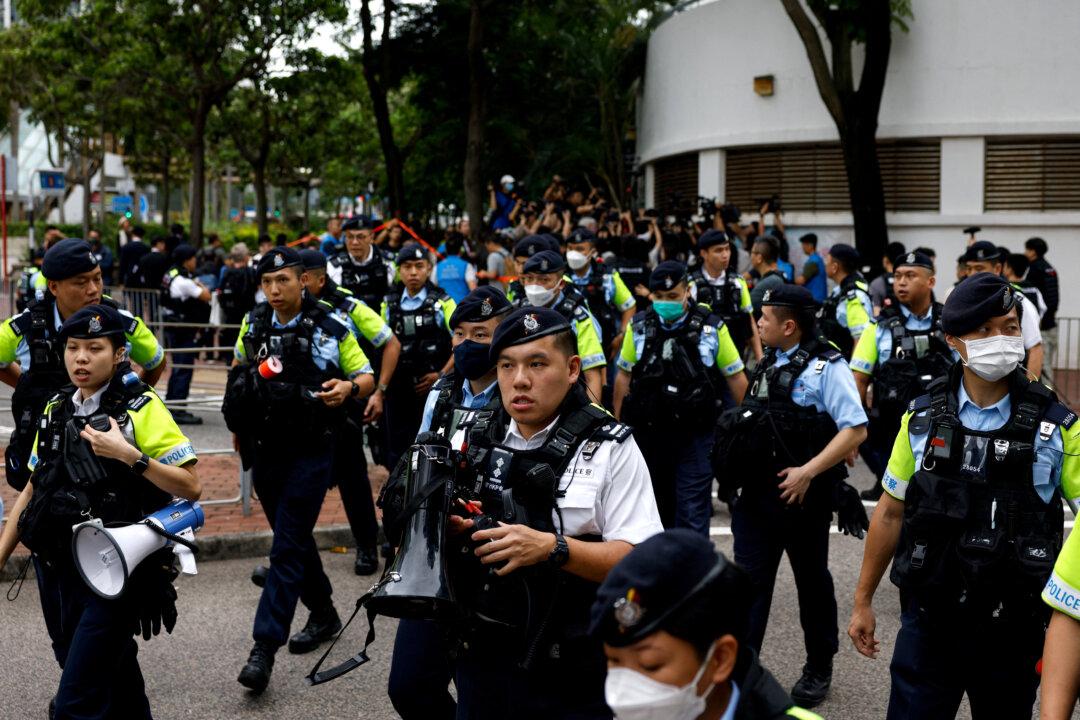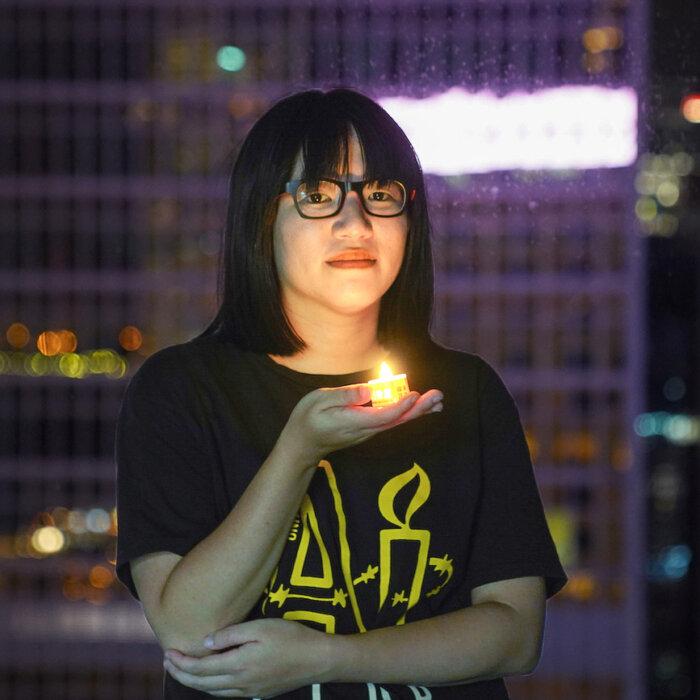A court in Hong Kong has found 14 pro-democracy activists and politicians guilty of “conspiracy to commit subversion,” in the largest single prosecution under the Chinese Communist Party’s (CCP) national security law since it came into force in the former British colony in 2020.
Hong Kong’s High Court handed down the ruling on May 30, convicting 14 of the 16 defendants who were charged under the CCP-imposed law.
Those who were found guilty included former lawmakers Leung Kwok-hung, Lam Cheuk-ting, Helena Wong, and Raymond Chan.
They face up to life in prison. It isn’t yet clear when they will be sentenced.
Two of those on trial in the case were acquitted by the judges: former district councilors Lee Yue-shun and Lawrence Lau.
All 16 of the defendants were initially part of a larger group of 47 people—also known as the “Hong Kong 47”—that was made up of civil society members, social workers, teachers, and former pro-democracy legislators, among others.
The unofficial primary, held to choose candidates for a Legislative Council election, saw hundreds of thousands of people vote despite warnings that doing so would breach the Beijing-imposed national security law implemented that same year.
The legislative election that would have followed the primary was later postponed by the government, which cited a public health risk during the COVID-19 pandemic, and electoral laws were overhauled to drastically reduce the public’s ability to vote and to ensure an overwhelming pro-Beijing majority.
Before the raids, Hong Kong had been plagued by months of unrest and anti-government protests amid concerns over the National Security legislation, which significantly eroded freedoms promised by the Chinese regime when the United Kingdom agreed to hand back the former British territory to China in 1997.
After arresting the 47 individuals, prosecutors accused them of attempting to use legislative powers and secure a majority in order to veto pro-CCP bills and topple the city’s pro-CCP leader and government.
They further described the unofficial primary as a “vicious plot” to subvert the government and undermine national security.
The 16 had contested the charge and subsequently underwent a non-jury trial, while the remaining 31 pleaded guilty before the start of the 118-day trial.
Most of the accused have been held in detention since their arrest in 2021.
Beijing has defended the national security law and said it is necessary to restore order and maintain stability and “judicial independence” in the Asian financial hub while preventing the type of protests seen in Hong Kong throughout much of 2019 against its imposed legislative changes.
However, the United States and others have expressed concerns over the CCP’s laws, which they say suppress freedoms among people engaging in peaceful political speech, and called the trial of the individuals arrested during the raids politically motivated.
The former law requires the U.S. secretary of state to certify annually whether Hong Kong is “sufficiently autonomous” to justify its special economic status granted under the United States–Hong Kong Policy Act of 1992.






